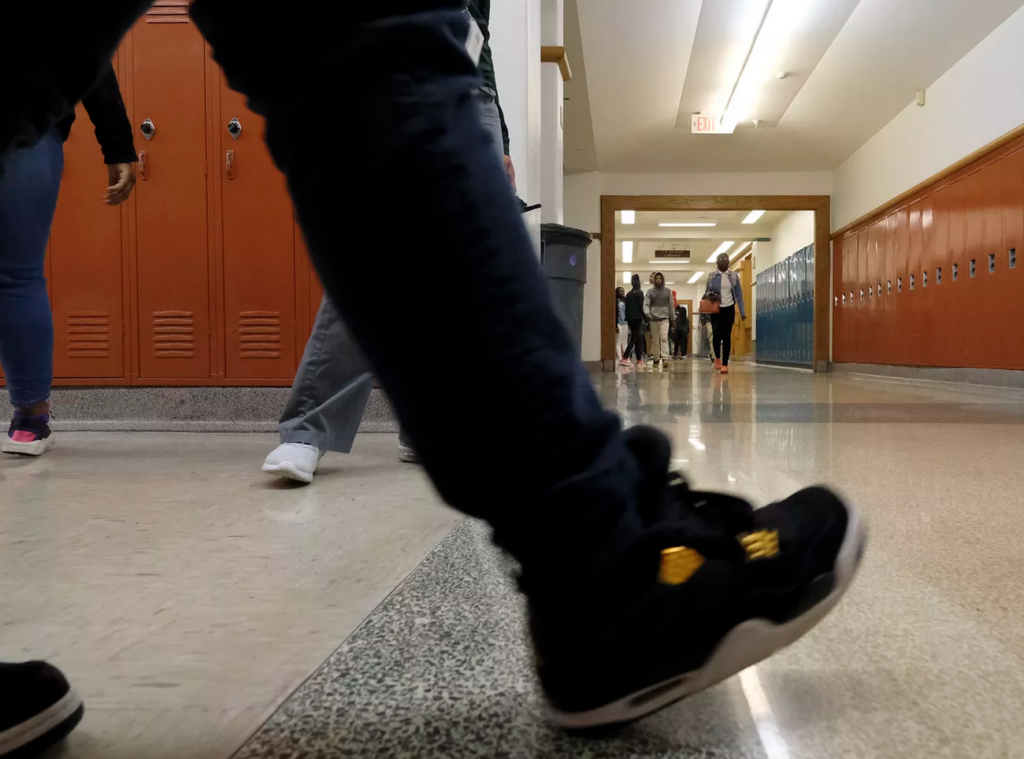NYC students want to return to in-person learning this fall, but with caveats

“NYC students want to return to in-person learning this fall, but with caveats” was originally published by Chalkbeat, a nonprofit news organization covering public education. Sign up for their newsletters here.
This is part of an ongoing collaborative series between Chalkbeat and WNYC/Gothamist reporting the effects of the coronavirus outbreak on how New York students learn and on how educators teach.
Many students across New York City want to return to some version of in-person learning this fall but with significant changes to the ways schools operate, according to the results of a Chalkbeat survey.

Brooklyn Boro
View MoreNew York City’s most populous borough, Brooklyn, is home to nearly 2.6 million residents. If Brooklyn were an independent city it would be the fourth largest city in the United States. While Brooklyn has become the epitome of ‘cool and hip’ in recent years, for those that were born here, raised families here and improved communities over the years, Brooklyn has never been ‘uncool’.